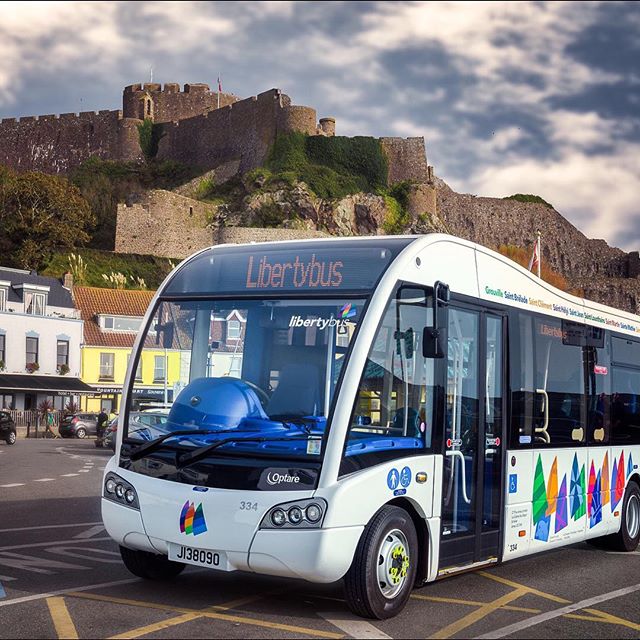


I saw a tweet about this the other day. Given the pressures on retailers from all sides, it’ll take more than a street busker on a fiddle (while shopkeeper leases burn) to help our town businesses.
The relationship between car parking availability and retail sales in Jersey is a nuanced and significant one.
While car parking may not be the sole lifeblood of retail sales, it undoubtedly plays a critical role in supporting the island's retail ecosystem.
Many residents and often visitors rely on cars for transportation, so accessible and ample parking is a key factor in attracting shoppers to our retail, which is mainly in St Helier.
Convenient parking options can significantly enhance the shopping experience, encouraging longer visits and higher spending. Scarce or expensive parking does deter potential customers, pushing them sometimes to out-of-town retail or but more often to online shopping. Shopper have choices. Thus, ensuring adequate parking is essential to maintaining the competitiveness of Jersey's brick-and-mortar retailers of St Helier.
Yes, we need to use our bus services more, and from my personal experiences it’s a good service too, and we should reduce our carbon footprint and get fitter by cycling more but imagine the scenario: “I bought an air-fryer, two pairs of shoes and picked up my drycleaning – it was a right old faff trying to get along the cycle path to St Brelade. I bought a nice box of cakes from Vienna Bakery too, but that turned into a weird version of Eton Mess, squished into my rucksack.”
Facilitating more parking for retail, however, goes against the Government/Parish of St Helier policies to ‘drive out’ car use, which at the same time has a predisposed planning rule that favours all retail being favoured in St Helier. To quote our now Economic Development Ministerin the 2021Interim Retail Strategy:“A sustainable retail sector will reduce its environmental impact and so must engage with the carbon neutral and sustainable transport policies.”

Pictured: Of course we need to use more sustainable transport options, but they're not always the most practical...
It is, of course, important to consider the broader context. Sustainable urban planning and investment in public transportation can also complement parking facilities. By enhancing public transit options, Jersey can reduce the dependency on private vehicles, easing parking demand and contribute to a more sustainable environment. Pedestrian-friendly infrastructure and cycling amenities can attract foot traffic too. Paved streets and no cars aremighty attractive and from Bordeaux to Dubrovnik it makes for beautiful and busy places – ifyou can in park up somewhere first.
Car parking is a vital component for retail sales in Jersey, but it is not full the answer to retail challenges. It should be part of a holistic approach that includes great public transport, pedestrian-friendly initiatives and maybe evensome free parking policies to drive footfall up at low trading times tobenefit businesses and consumers alike.
As a footnote, do look at the Jersey Retail Report (published by 4Insight in April 2023) graphic below on how the efforts to get us out of our cars when shopping have played out between 2018 and 2022.
This article first appeared in the July edition of Connect Magazine, which you can read in full below...